
Long-term efficacy assessment of brexucabtagene autoleucel demonstrated high rates of MRD negativity and CR rates in pediatric and adolescent patients with relapsed or refractory B-cell acute lymphoblastic leukemia.

Long-term efficacy assessment of brexucabtagene autoleucel demonstrated high rates of MRD negativity and CR rates in pediatric and adolescent patients with relapsed or refractory B-cell acute lymphoblastic leukemia.
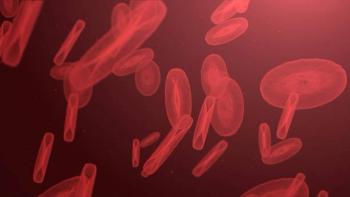
Bispecific T-cell engagers and chimeric antigen receptor T-cell therapies seem destined to move into earlier lines of therapy for multiple myeloma (MM), speakers at the European Hematology Association 2021 Virtual Congress said.

Treatment with the CAR T-cell therapy ciltacabtagene autoleucel significantly improved outcomes for patients with relapsed or refractory multiple myeloma when compared with conventional therapies.
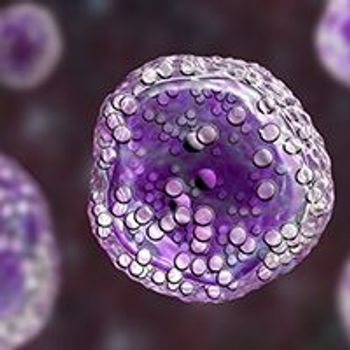
Axicabtagene ciloleucel and tisagenlecleucel have been used mostly to treat patients with diffuse large B-cell lymphoma in the outpatient setting.

The incidence of grade ≥2 cytokine release syndrome was lower in patients with relapsed or refractory multiple myeloma who received anakinra prophylaxis with orvacabtagene autoleucel, a B-cell maturation antigen-targeted CAR T-cell therapy.

Cytovia is exploring several NK cell-based therapies, an emerging class of cell therapies with high potential for fewer side effects and greater anti-tumor activity.

The phase 2 ZUMA-3 trial of brexucabtagene autoleucel showed that it is possible to intervene early to prevent some toxicity, said Bijal Shah, MD, associate member in the Department of Malignant Hematology at Moffitt Cancer Center.
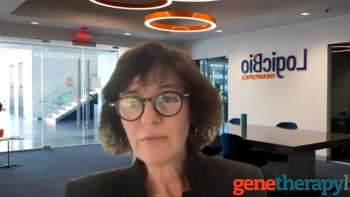
The therapy utilizes LogicBio’s GeneRide technology to insert a corrective copy of the target gene via synthetic AAV vectors.
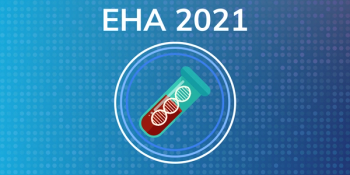
With 5 chimeric antigen receptor (CAR) T-cell therapies approved by the FDA, and 299 agents in the pipeline, it’s no surprise that the virtual meeting of the European Hematology Association (EHA) will have a heavy presence of CAR T research being presented in sessions and posters.

Tisagenlecleucel led to high complete response rates that appear durable for patients with follicular lymphoma, prompting a regulatory submission later this year.

The FDA has lifted clinical holds placed on several BB305-based gene therapy programs from bluebird bio.

Results of a phase 1/2 trial show the feasibility of an approach targeting CLL1 in pediatric patients with relapsed or refractory acute myeloid leukemia.

Ciltacabtagene autoleucel elicited a response in nearly all patients with relapsed/refractory multiple myeloma previously treated with 1 to 3 prior treatments.

A single infusion of KTE-X19, a CAR T-cell therapy, demonstrated robust and durable responses in heavily pretreated patients with relapsed/refractory B-cell acute lymphoblastic leukemia.

The CAR T-cell therapy idecabtagene vicleucel continues to demonstrate improved survival among heavily pretreated patients with relapsed/refractory multiple myeloma.

An off-the-shelf natural killer cell therapy demonstrated high response rates and limited toxicity for patients with relapsed/refractory B-cell lymphoma.
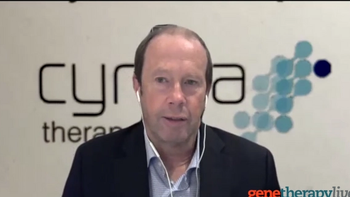
Ross Macdonald, PhD, managing director and CEO of Cynata Therapeutics, discusses the biotech company's approach to overcoming reproducibility challenges with mesenchymal stem cells.
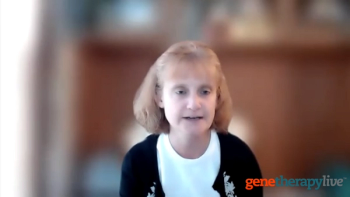
Maria A. Croyle, PhD, discusses the development of a novel film matrix that can safely and effectively store and transport AAV-based gene therapies.
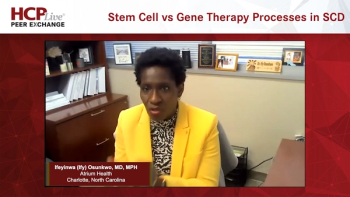
A discussion of the course of gene therapy compared with stem cell therapy.

Idecabtagene vicleucel elicited a median overall survival of 24.8 months with a 51% event-free rate at 24 months in patients with heavily pretreated, relapsed/refractory multiple myeloma.
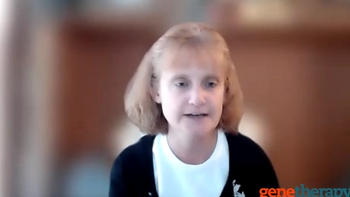
Maria A. Croyle, PhD, discusses the manufacturing challenges facing the gene therapy space and her inspiration for developing a novel preservation method for viral vector-based therapies.

FIX activity was similar in participants without and with pre-existing neutralizing antibodies.
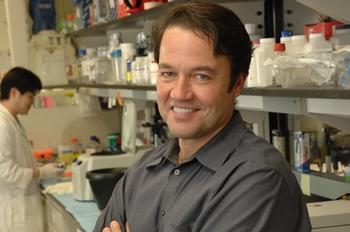
Following 2 unexpected serious adverse events, the trial was put on clinical hold as of February 2021.

Researchers observed 20-25% frequencies of this 4.9 kb deletion in HSPCs prior to xenotransplantation and at 17 weeks post-engraftment.

Early results from the MOMENTUM study show that treated patients experienced fewer vaso-occlusive episodes and related hospital admissions.